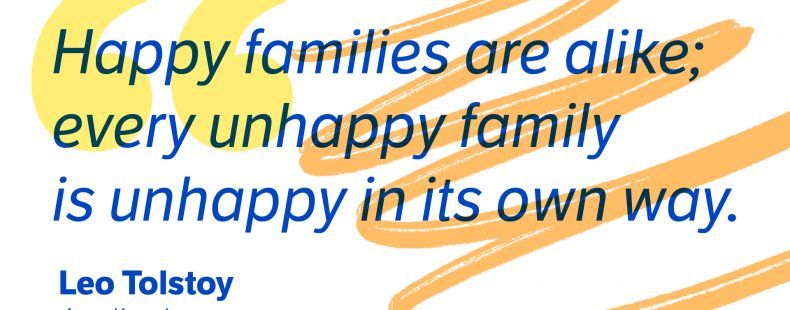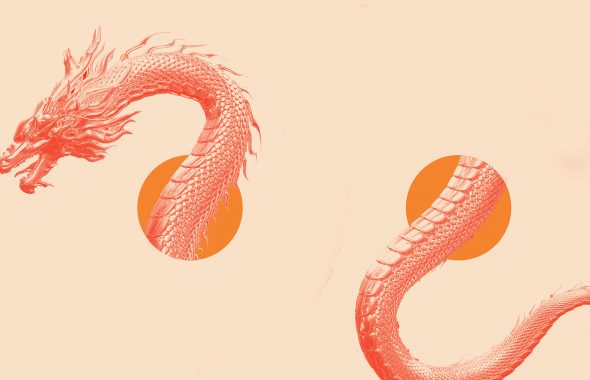Line up for these first lines
One of the biggest challenges for writers is crafting the first line of a story. An opening line has to accomplish a lot. A powerful opening line introduces the characters or setting, sets the tone of the story, and lets the reader know what kind of language they can expect in the story overall. Most importantly, the opening line has to grab the reader’s attention and make them want to keep reading. To riff on the classic opening line of A Tale of Two Cities by Charles Dickens (1859), they are the best of lines, they are the worst of lines.
Whether you are an aspiring novelist or simply a passionate reader, you will get something out of these incredible first lines. If you think you know what to expect, think again—we aren’t interested only in the classic first lines you may already be familiar with. (There is a lot of strong writing out there that hasn’t made it into the canon … yet.) We are going to take a look at a dozen or so dazzling opening lines and see what makes them tick.



























